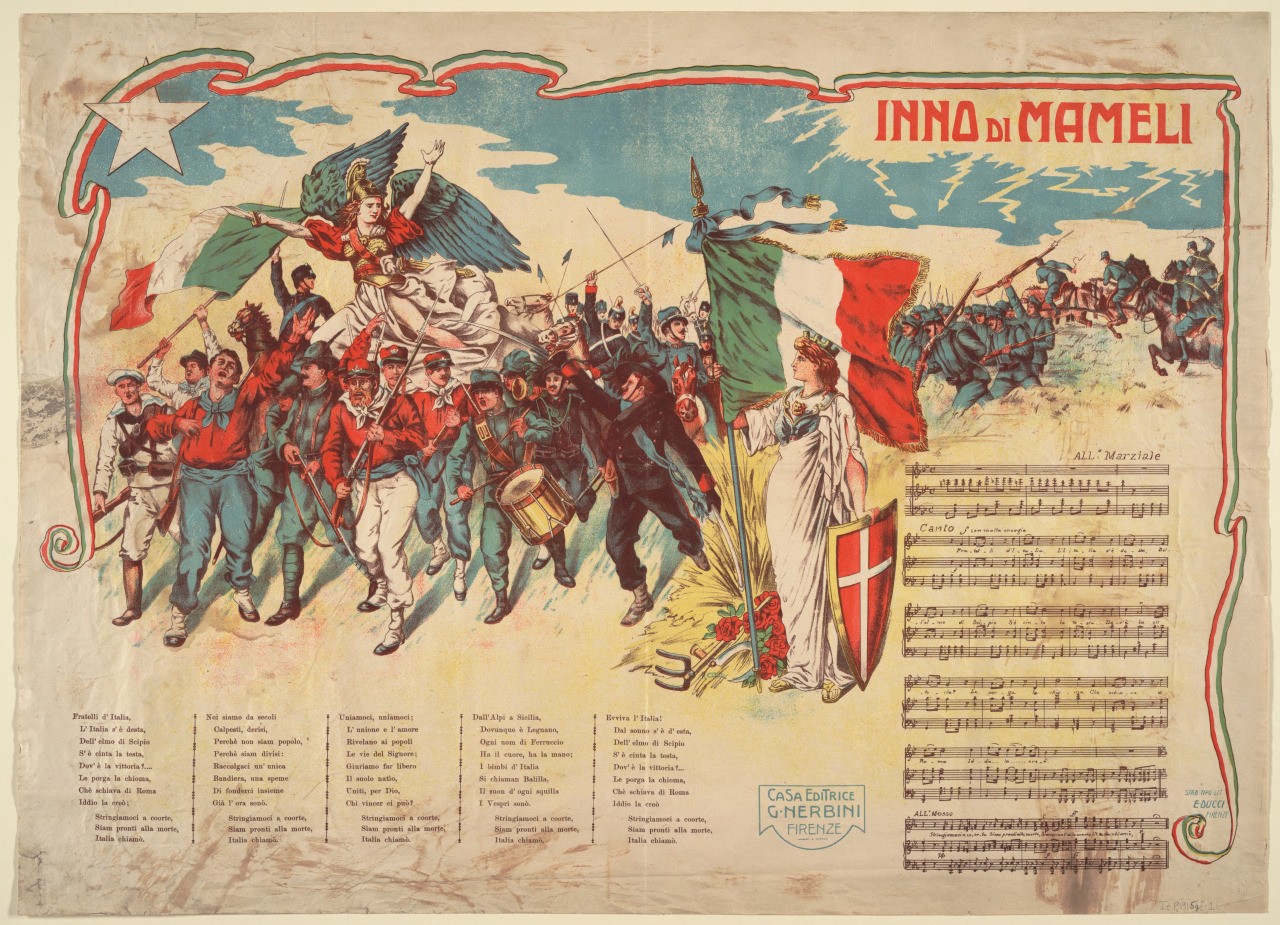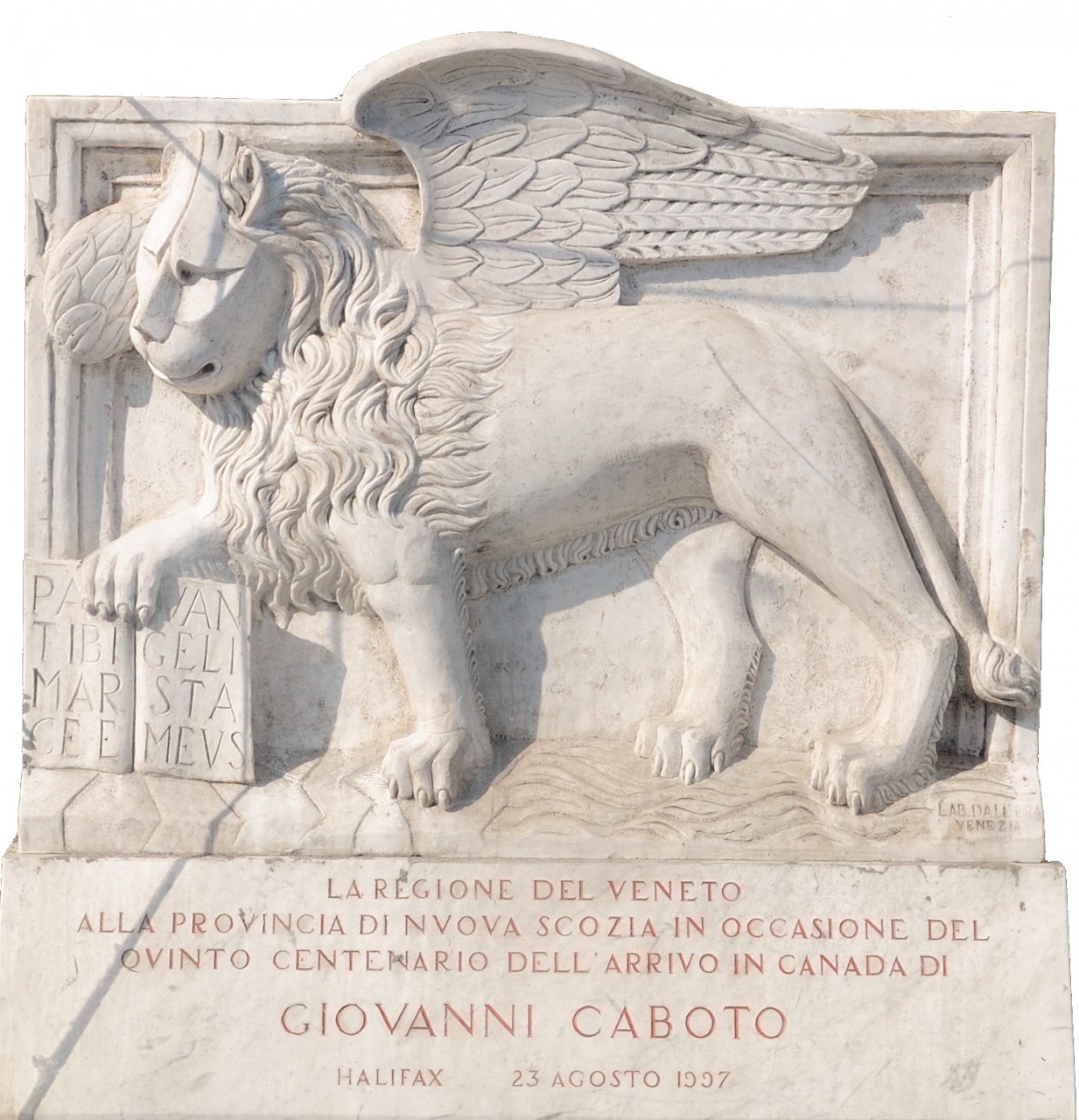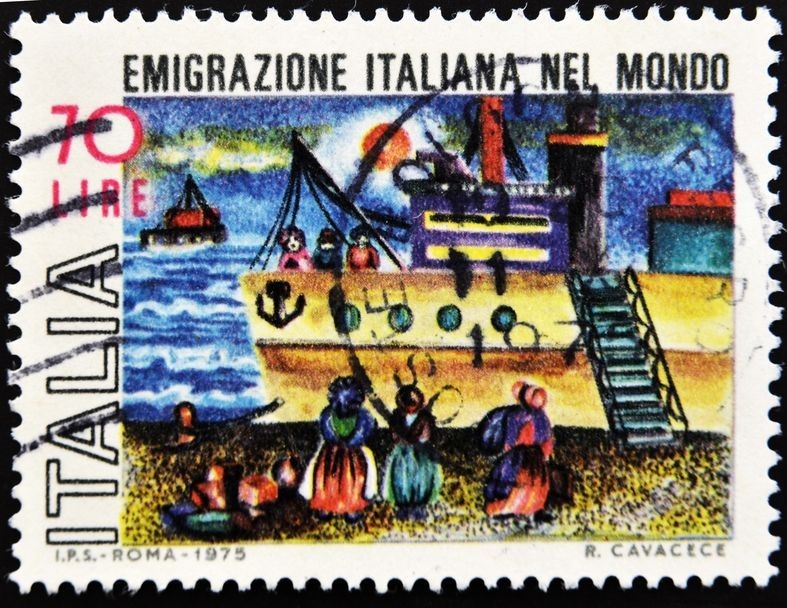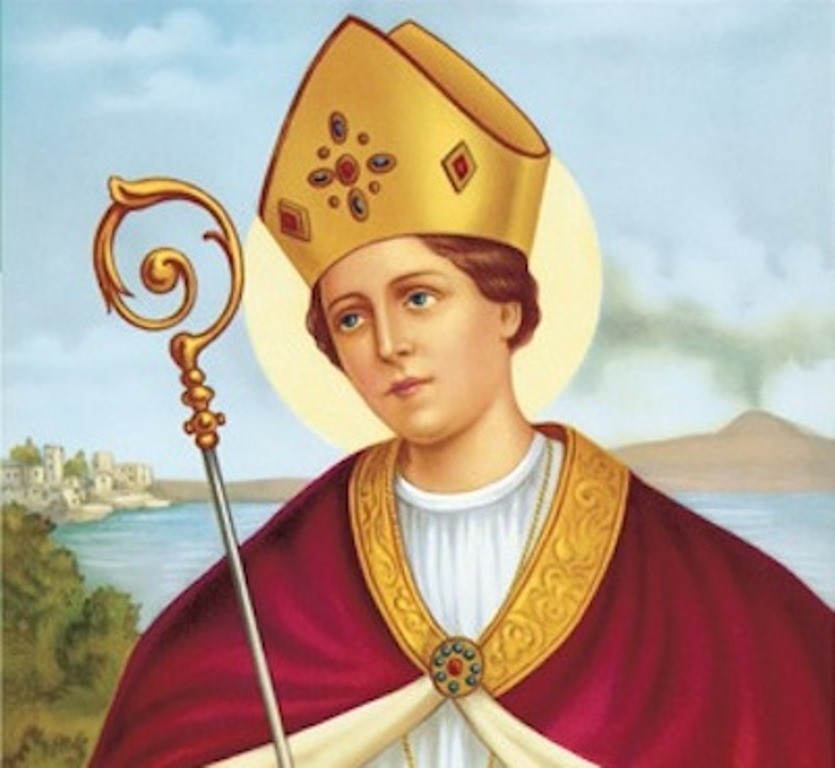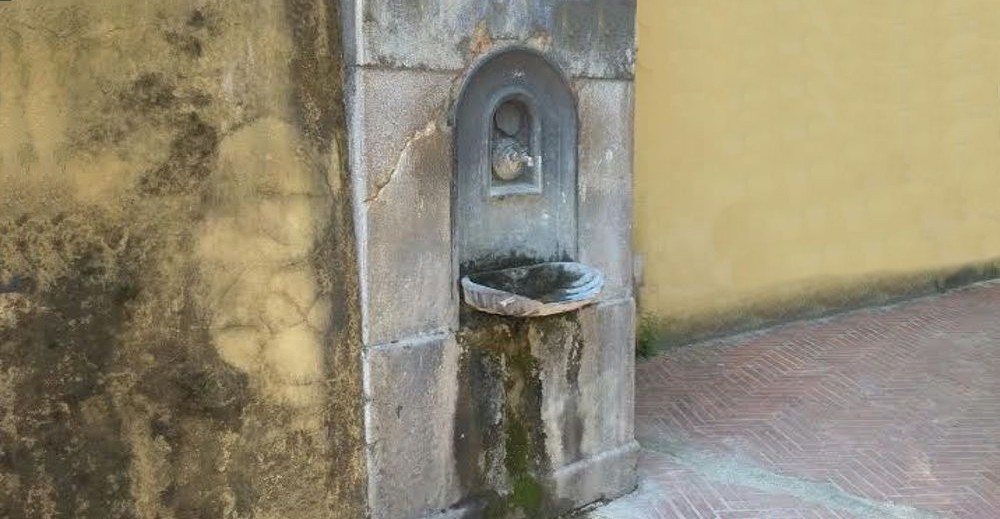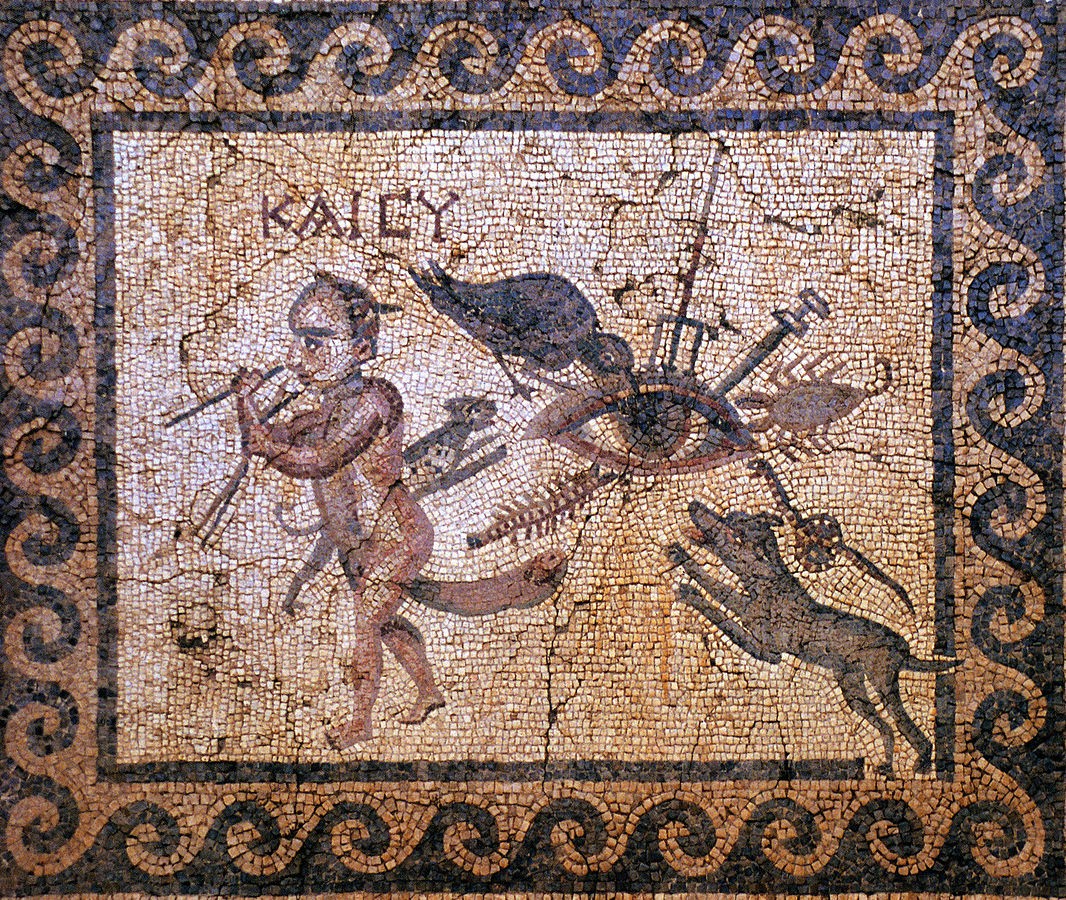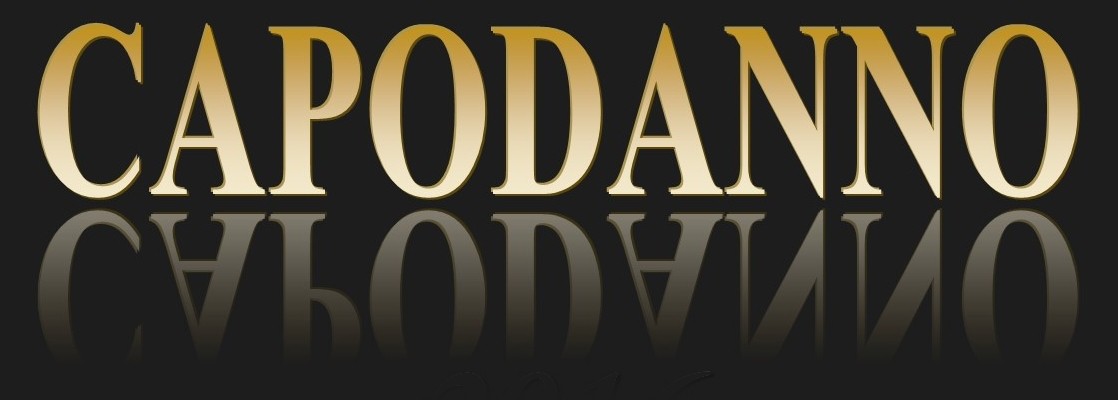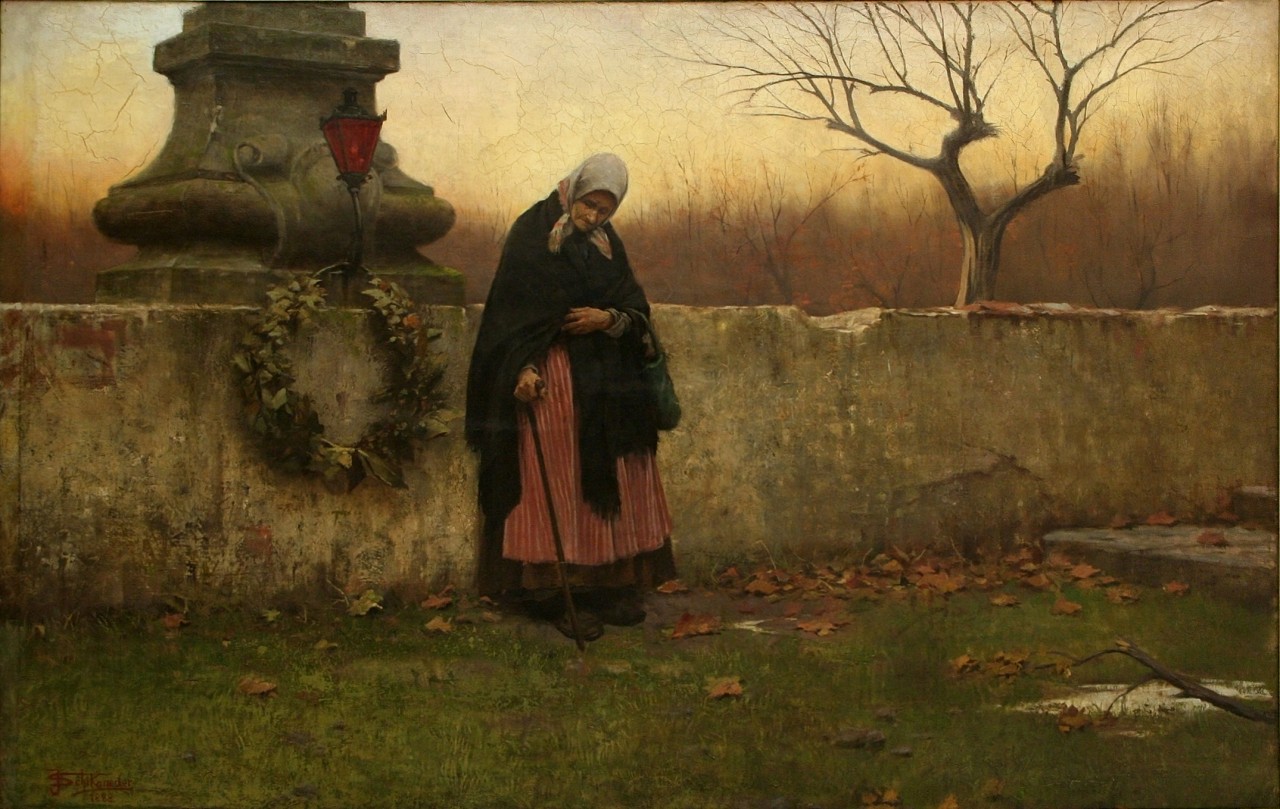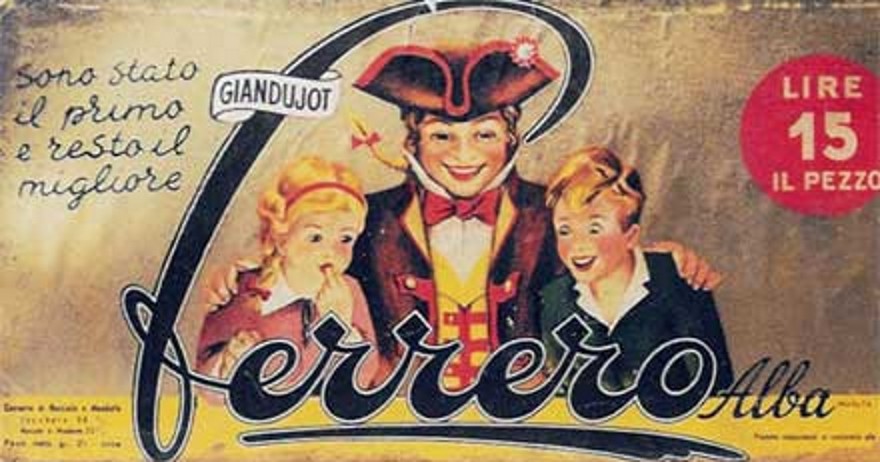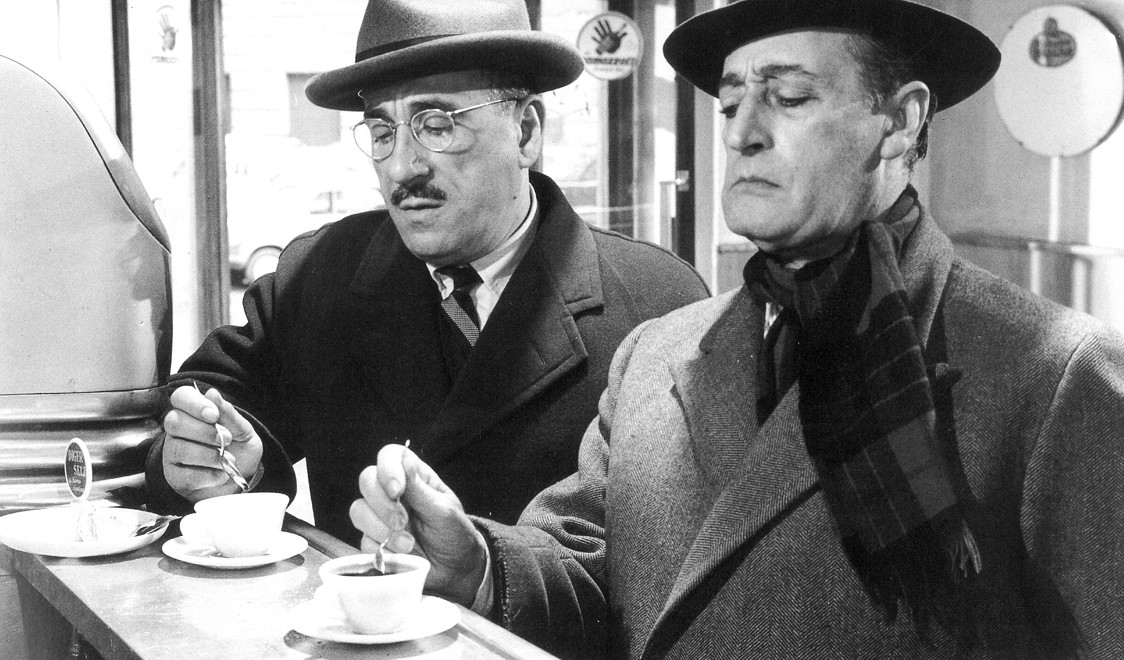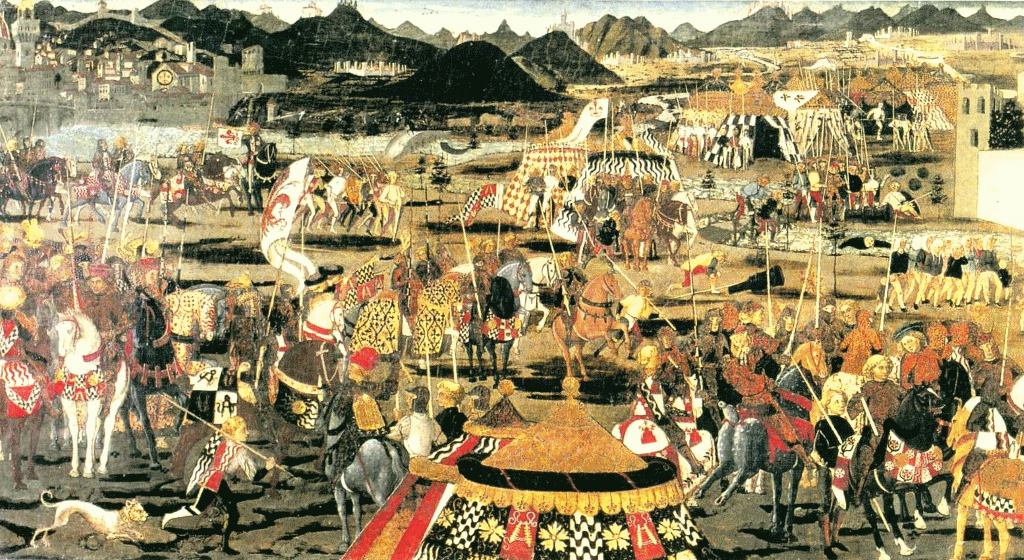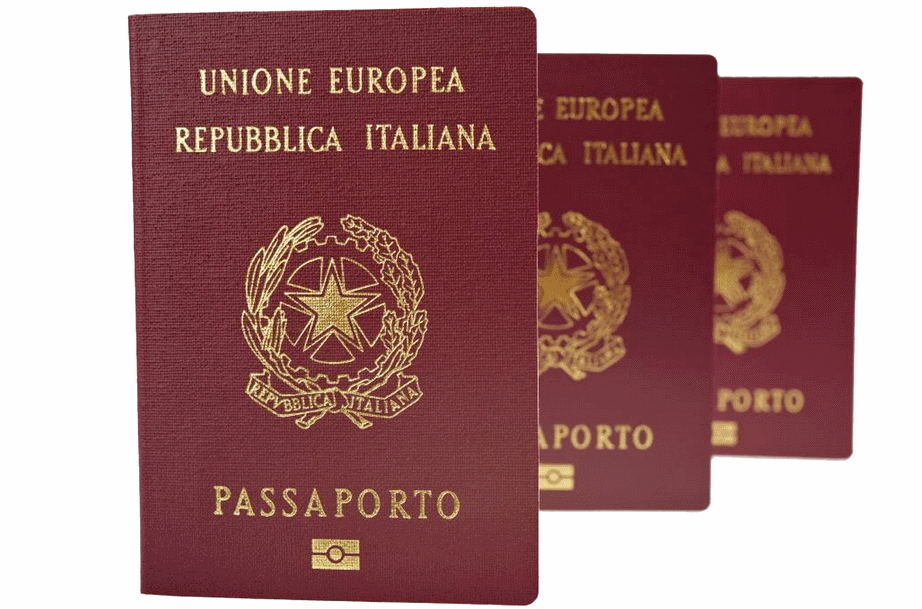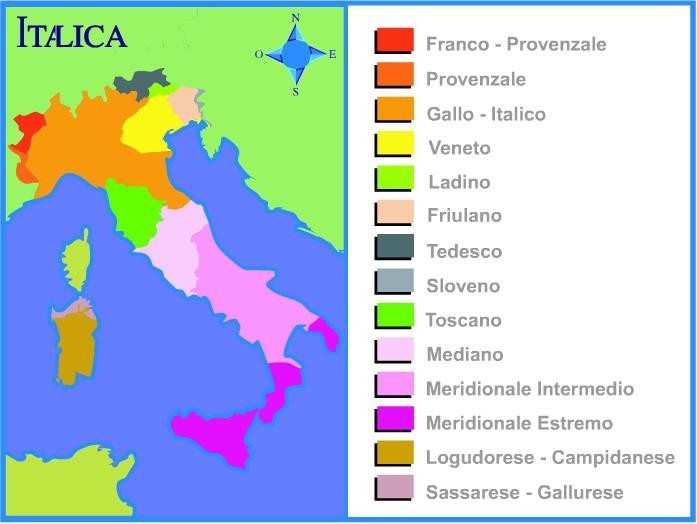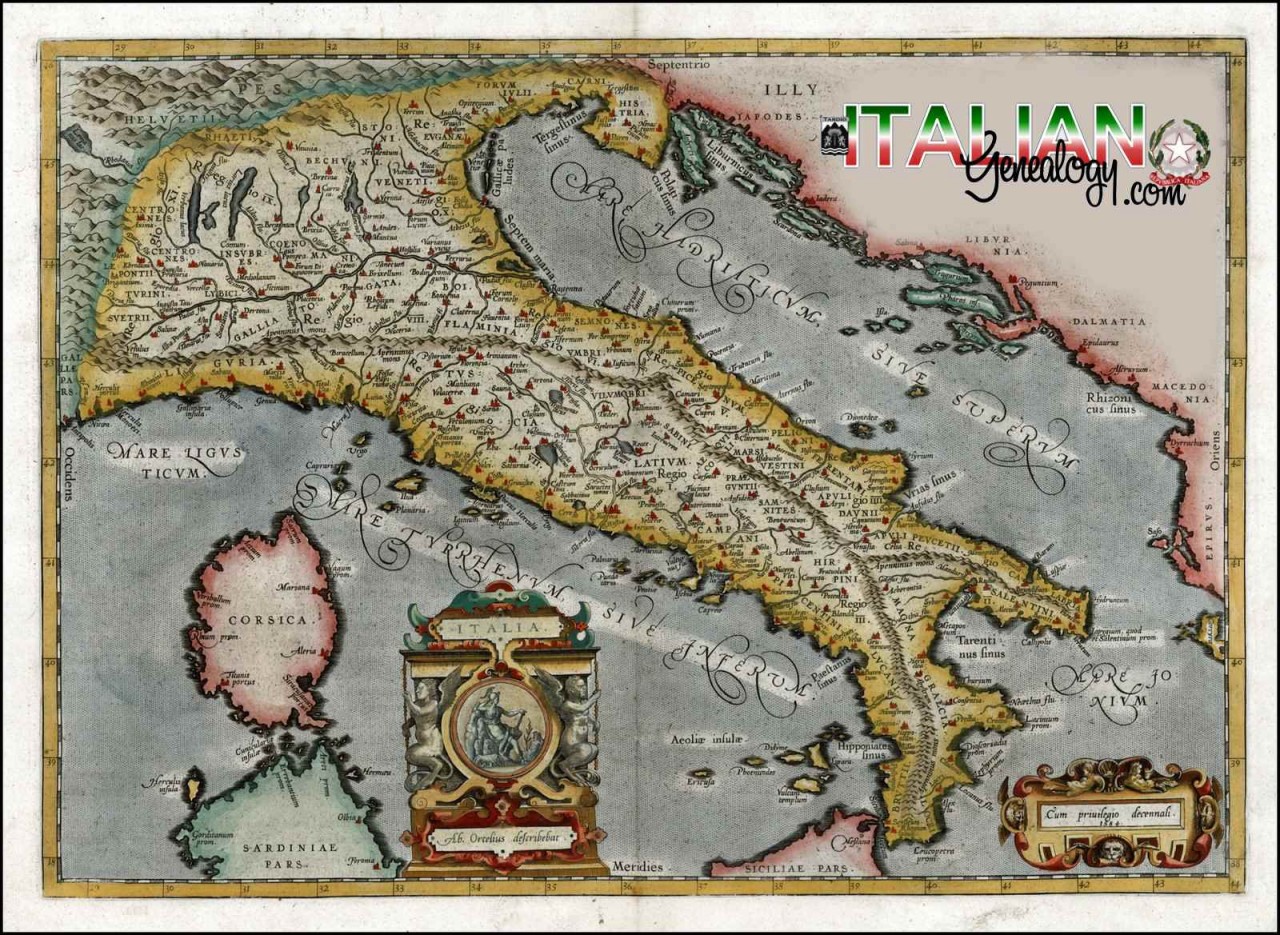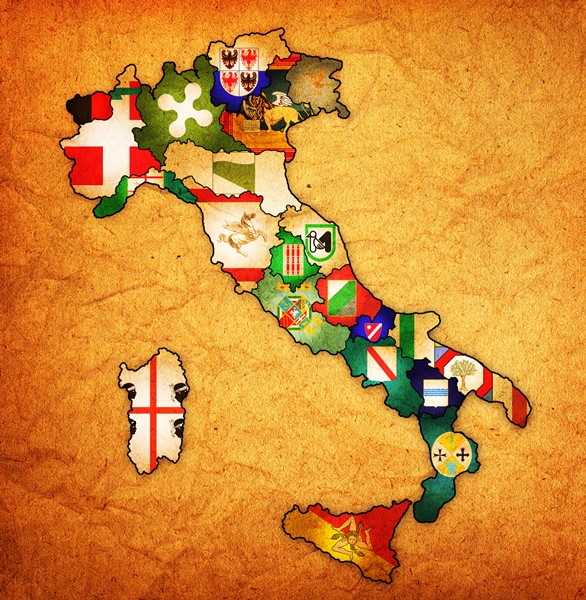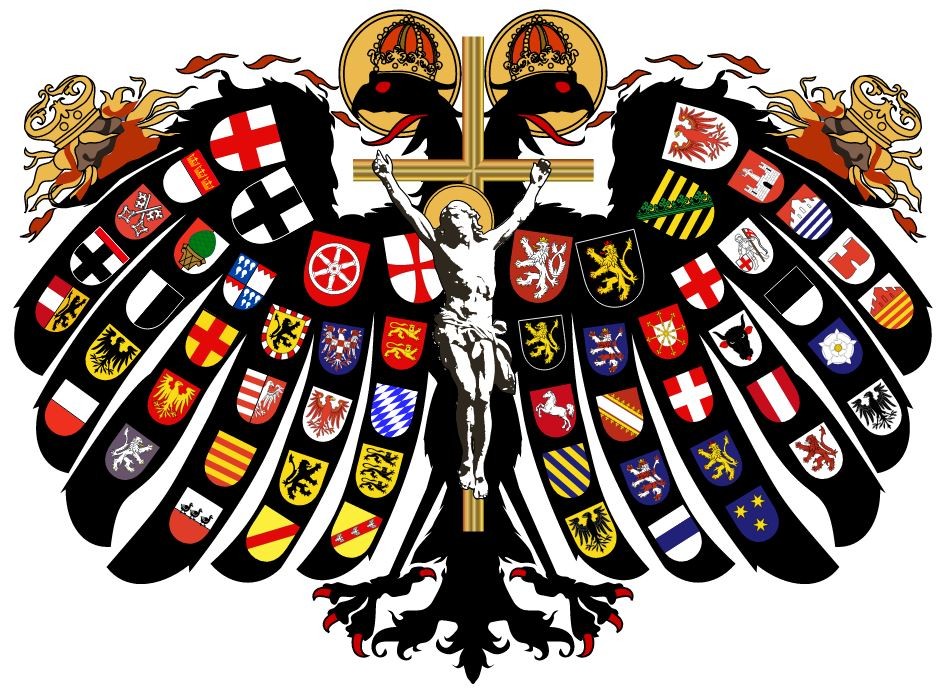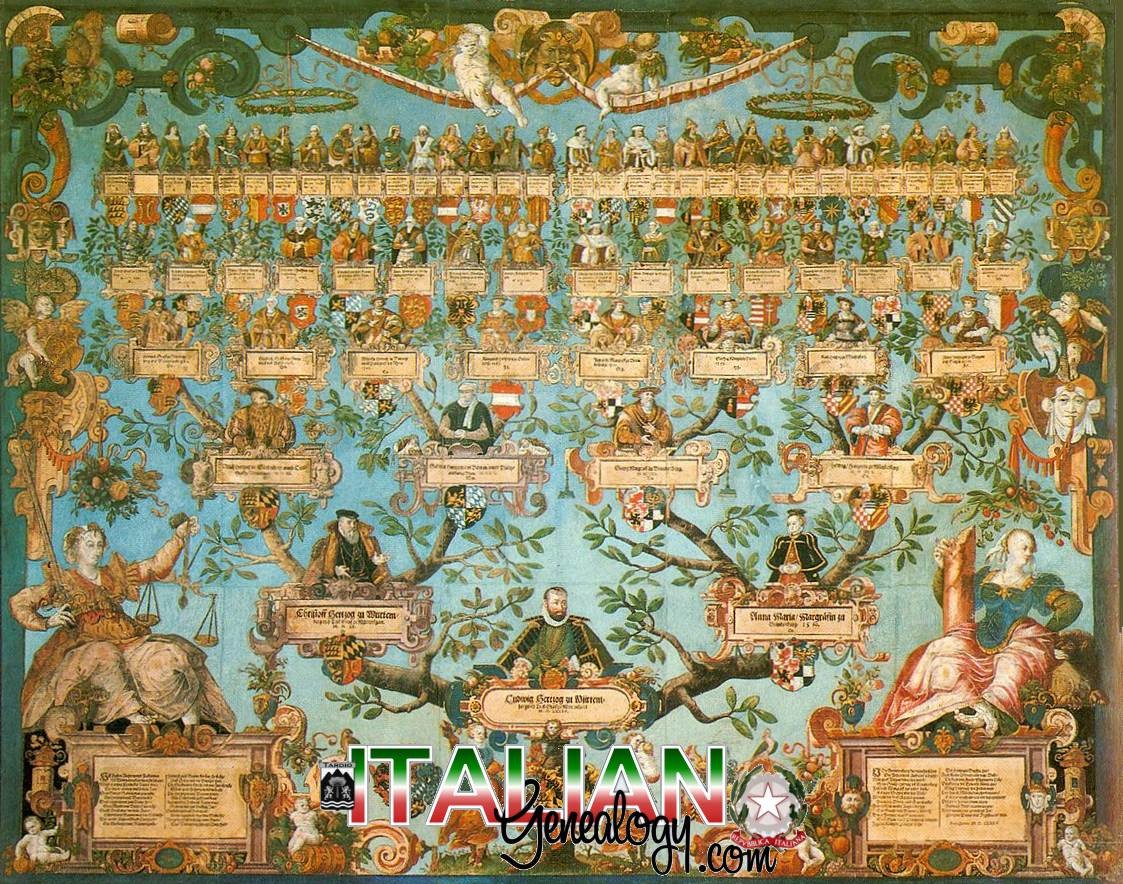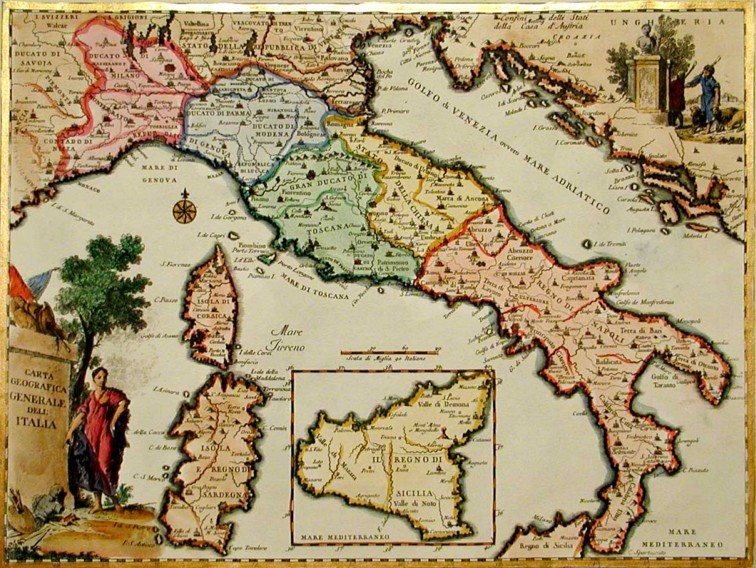From 12th October 1946, the national anthem of Italy has been the "Canto degli Italiani" (Chant of the Italians), written in the Autumn of 1847 by a Genoese student and patriot Goffredo Mameli, and set to music in Turin by another Genoese, Michele Novaro. Born during an atmosphere of patriotic fervor that preluded the war against Austria, the hymn ...
Nowadays, very few Italian actors are able to emerge on the world cinema scene. Until a few decades ago it was different, but we talk about the age of the young Cinecittà, where it was not unusual to meet world-famous directors who set their stories which became known all over the world in those studios! At that crossroads of cultural exchanges tha...
Giovanni Caboto, son of Giulio, was born in Gaeta, Italy, around 1451 AD. After the Aragonese defeated the Angevins in 1461, his family took refuge in Venice where the young Giovanni grew up, got married to Mattea about 1870 and had three children: Ludovico, Sebastiano, and Sancto. His dream was to be an explorer, but it took him some time before f...
The greatest exodus of modern history has been that of the Italians. Since 1861, more than twenty-four million departures have been recorded. In the space of just over a century a number almost equivalent to the amount of the population at the time of the unification of Italy emigrated abroad. It was an exodus that affected all the Italian regions....
It's said Italy was a country of Saints, poets and navigators. There's no more trace of the poets and navigators but, fortunately, there are traces of the Saints. All the Italian towns are voted to a Saint and one of these is San Gennaro, well-known for his miracle. Who was San Gennaro? San Gennaro was born between Naples and Benevento in 272 AD (t...
There is an ancient legend for lovers, in Salerno: the story of the beautiful Antonella. Antonella was one of the bridesmaids of Queen Margherita of Durazzo. One day the son of Margherita, Ladislaus, while returning from war stopped to greet his mother, along with several warriors, including Raimondo. Near the fountain next to the building, Antonel...
Italians have a long and deep-rooted tradition of beliefs about luck and things that give either good or bad luck. In Italy there are colloquial names for bad luck. Think of:"sfiga" or "jella" (read it as "yella), but the most scary thing for millions of Italians is "Il Malocchio", which translate as "the evil eye". Il Malocchio is a condition of ...
An Italian novel for kids called "La Freccia Azzurra" (The Blue Arrow) says that all the children in the world wait for Christmas Eve to get presents from Santa Clause, but Italian kids are the luckiest in the world because they get presents again on the 6th of January by the Befana. Who is the Befana? She's an old woman, looking like a ...
In Italy Christmas is usually dedicated to family, while New Year's eve is spend to have fun and celebrate with friends. The most common tradition for New Year's Eve it's called "Veglione" that literally means "The Big Stay Awake". A Veglione is usually organized in restaurants, hotels or clubs and it's just a party where people wait for midnight ...
November 2nd is All Souls' Day,a Catholic feast dedicated to the memorial of the dead which, according to tradition, can be dated back to ancient times. This day, in almost every country, the dead are remembered with different rituals and customs, yet the aim is just one: give some consolation to the souls of the dead. Although the tradition might ...
"Che mondo sarebbe senza nutella" is the official slogan of the wonderful hazelnut cream known as Nutella, appreciated by many and eaten worldwide. Few know that its invention was totally random and born out of necessity. HistoryIn 1946, at the end of WWII, chocolate was so expensive nobody could afford it in Italy. Therefor a Piedmontese pastry c...
Italians have not invented coffee, yet the passion they have for it makes the rest of world believe they discovered it. Around the end of the sixteen century, it was Venice where coffee was first introduced. Thanks to its trade relationship with the Eastern countries. Initially, coffee was considered a valuable beverage due to its high price, but w...
Very few works have been published in English on the topics of Italian heraldry, nobility and onomatology as these relate to genealogy. Yet all three fields depend upon genealogical research. This concise presentation is not intended as a historical treatise, but rather as a simple guide for those interested in these subjects. In common parlance, h...
The legal requirements for recognition of Italian citizenship claims made by persons born abroad, but whose births were never registered with an Italian consular agency, vary considerably according to particular circumstances, and also depend upon existing treaties between the Italian Republic and various states. Therefore, if claimants born in Gre...
The dialects of modern Italian all have their roots in the spoken form of Latin (Vulgar Latin), in use throughout the Roman Empire. Vulgar Latin had, no doubt, its own local peculiarities before the fall of the Empire. The political instability that followed Roman rule kept Italy from re-uniting as a nation until the nineteenth century. This long p...
As a nation state, Italy has emerged only in 1871. Until then the country was politically divided into a large number of independant cities, provinces and islands. The currently available evidences point out to a dominant Etruscan, Greek and Roman cultural influence on today's Italians. The earliest human settlements within the territory of presen...
The name Italia, probably a Graecized form of Italic Vitelia (='calf land'), was originally restricted to the southern half of the 'toe' but was gradually extended. By 450 B.C. It meant the region subsequently inhabited by the Bruttii; by 400 it embraced Lucania as well. Campania was included after 325, and by Phyrhus' day Italia as a geographical ...
This concise historical presentation is intended not as an exhaustive sociological treatise, but as a general introduction for the layman. It is presumed that the reader has already reviewed Italian Heraldry, Nobility & Genealogy. Because of the highly individual nature of genealogical and heraldic projects, many of these observations are neces...
In its most general sense, the term genealogy refers to the study of family history, while encompassing such related fields as ethnology, onomatology and --in rather few cases-- heraldry. It is important to bear in mind that genealogy forms part of the framework of general history. The best genealogist is a competent historian, but also a good dete...
The typical Italian lineage dates from circa 1600, and for most of us that's reasonably profound. But who wants to be "typical" when you might be able to trace a lineage into the 1500s or even into the Middle Ages? Because success in this field requires practice and perseverance, as well as skills more specialized than those needed to perform resea...

